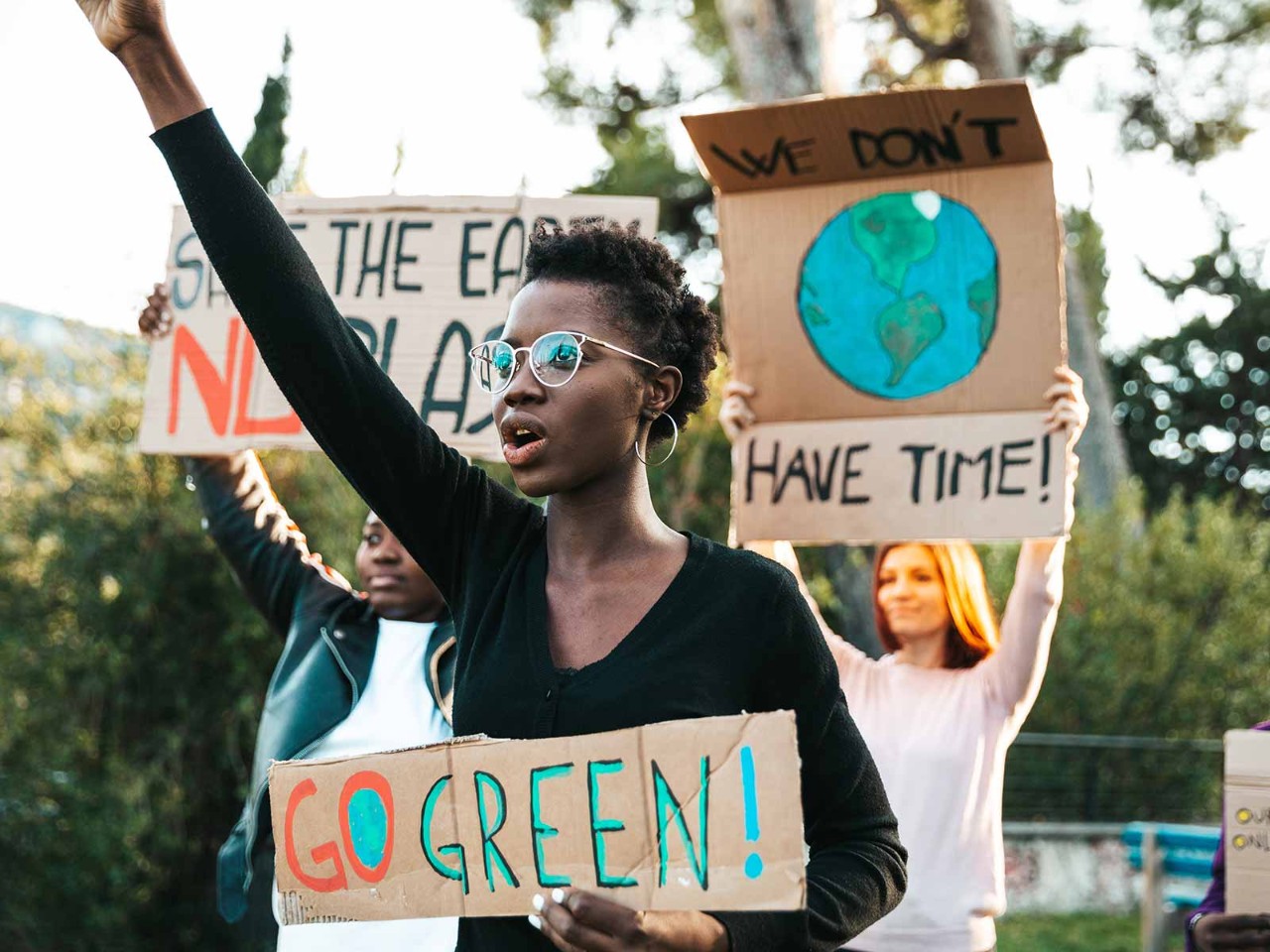
Green finance was the focus of intense discussion at COP26 Finance Day, with speakers reiterating that the intense and increasing interest in green and ESG-focused investment (environmental, social and governance) makes this an ideal time for governments to join the growing international interest in green sovereign bonds.
The bonds, where money invested is earmarked for projects that address climate change and other environmental issues, are seen as an effective way of financing clean energy and sustainable development projects worldwide, and particularly in emerging economies.
At COP26, the world’s finance ministers discussed the interaction between public and private finance in the fight against climate change, particularly when it comes to supporting developing countries in accessing the huge amounts of private capital that are being made available.
A 10-year fixed-rate bond will support projects that provide sanitation to people in the Caribbean and Latin America
Green bonds account for around 1% of the total bond market but issuances are growing at a rate of 60% a year. Most are issued by private institutions, but recently governments around the world have opted to issue their own bonds.
Front-runners
The governments of Germany, France, the US, Bangladesh and Spain are among those to have issued green government bonds in recent months. In May 2021 Pakistan’s Water and Power Development Authority issued its first green bond, worth $500m, to fund hydro projects.
The European Union’s NextGenerationEU green bond programme aims to make €250bn available by the end of 2026; the first tranche of 15-year green bonds, to be used exclusively to fund green and sustainable investments across the EU, was launched just before COP26. This launch attracted strong demand from investors, as did a green bond issued by the UK government a few weeks earlier.
US$10bn in pledges have been made from 14 donor countries, helping to finance projects in more than 70 countries
Further information
Find out about ACCA’s Certificate in Sustainability for Finance
Research carried out for the UK government found that around 80% of people aged between 25 to 44 would be very or fairly interested in the concept of a green savings product, while 42% of 18 to 34-year-olds would be willing to accept a lower rate of return on their savings if they knew their money was contributing to green products.
The issuing of green bonds by private corporations has increased steadily in recent months. Also announced at COP26 was the issuance of the first ‘blue bond’ in Latin America and the Caribbean. The proceeds of the 10-year fixed-rate bond, issued by IDB Invest, will support projects that contribute to the UN’s Sustainable Development Goal of providing clean water and sanitation to people in the region. A quarter of the population of Latin America live on the coast.
Elsewhere, Janet Yellan, US Treasury Secretary, told COP26 that the US would support the Climate Investment Funds’ new Capital Market Mechanism, which will issue investment-grade bonds and raise new finance for funding clean energy and sustainable infrastructure in developing countries.
CIF is a multilateral fund was set up in 2008 at the request of the G7 and G20, and aims to raise and direct funds and resources to developing countries. More than US$10bn in pledges have been made so far from 14 donor countries, helping to finance projects in more than 70 countries.
ACCA Council member Ayla Majid said that finance professionals and accountants play a pivotal role in the world of green bonds.
‘They provide trust and transparency around issuance and understanding the characteristics of any given green bond or climate bond by harmonising the language, providing clear disclosures and unified easily comprehendible language that stakeholders require. This is fundamental support that can help unlock capital and build investment trust for different markets.’





